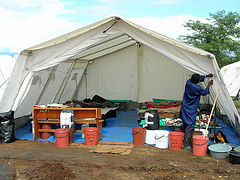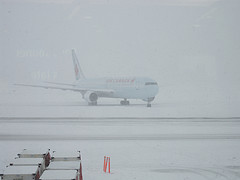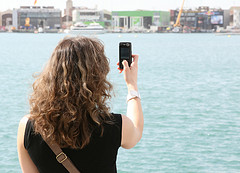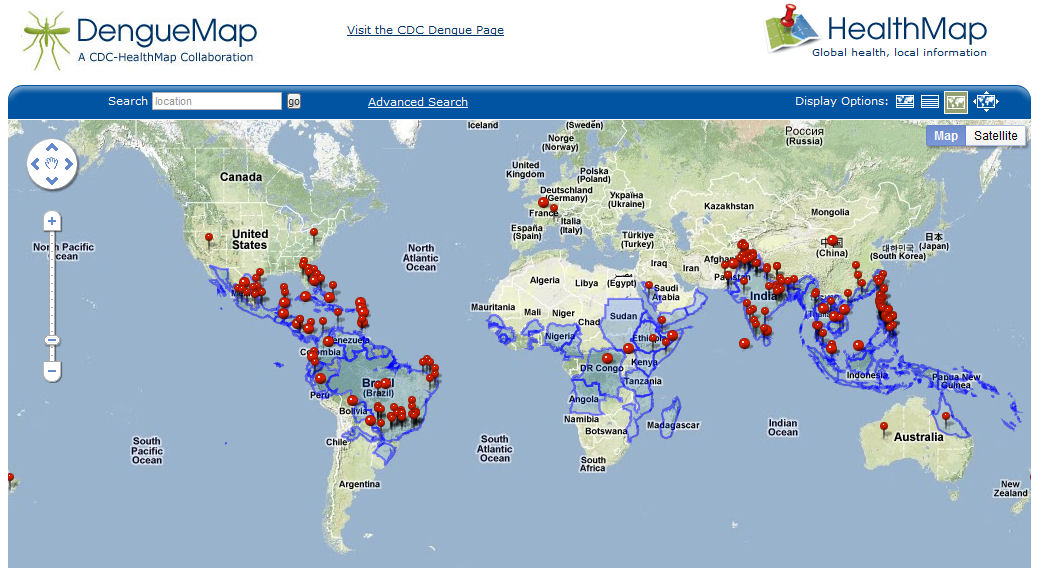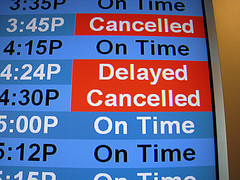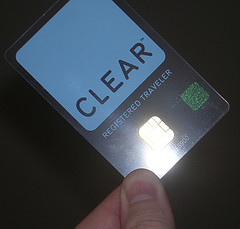 Not likely – at least not with the pilot program, which began this fall season.
Not likely – at least not with the pilot program, which began this fall season.
Initially, the pilot test will only be available to limited numbers of U.S. citizens who are members of frequent fliers on these airlines:
- American Airlines
- Delta
And traveling out of these airports:
- Delta passengers – out of Atlanta Hartsfield-Jackson (ATL) and Detroit Metropolitan Wayne County (DTW) airports
- AA passengers – out of Miami International (MIA) and Dallas Fort Worth (DFW) airports
In addition, participants in the Custom and Border Protection’s Trusted Traveler Programs, Global Entry, SENTRI, and NEXUS, will also be eligible.
If you’re not one of these groups, you won’t be eligible for the new program just yet.
Of course, the TSA is reminding everyone that this will be a work-in-progress and it’s important to remember that it is a pilot program that will be used to validate and update the program for wider reach. You can read Blogger Bob’s blog post on this topic as well.

